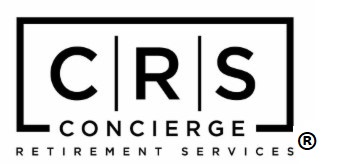
Two lawyers were talking at a chamber of commerce breakfast. Both owned successful, growing practices.
“Ah, but that success comes with a price,” said Bill. “I’m happy that my firm is doing well but it’s my firm. I want to set up a retirement plan that doesn’t involve making massive contributions for my team, especially since some of my employees are high-priced associates. We already have a profit-sharing plan and a 401(k) plan but that maxes out at $67,500. That’s great but it still won’t make much of a dent in my income taxes; it doesn’t really move the needle.”
Jane laughed. “Let’s agree that’s a good problem to have. I had similar situation in my firm but my CPA referred me to a great solution. They layered a second retirement plan called a “cash balance plan” on top of the profit-sharing and 401K plan that we already have. My individual contribution of $150,000 to the cash balance plan made a material difference in my income taxes last year. My CPA said it saved me about $75,000 in federal and state income taxes. The cost for my associate attorneys was not much more than it was before, and the incremental cost of materially increasing my contribution was much more reasonable than I expected. No one in the firm has gone backward and I have gone forward—plus I’m reaping the rewards for being the founder of my firm. And let’s not forget, I am still the firm’s primary rainmaker.
“But my payroll people and my accountant…,” complained Bill. “Why didn’t they…?
“They’re just doing their jobs,” said Jane. “The rules and regulations concerning pensions and retirement plans are complex and constantly-changing. It’s enough for your CPA to stay on top of the income tax code—and that’s obviously important. But when the money starts flowing in and you need more than a profit-sharing & 401(k), you have to hire an expert.
Bill shook his head. “I’m a good lawyer,” he said, “but sometimes running a successful practice is…”
“Just part of the price of success?” suggested Jane
